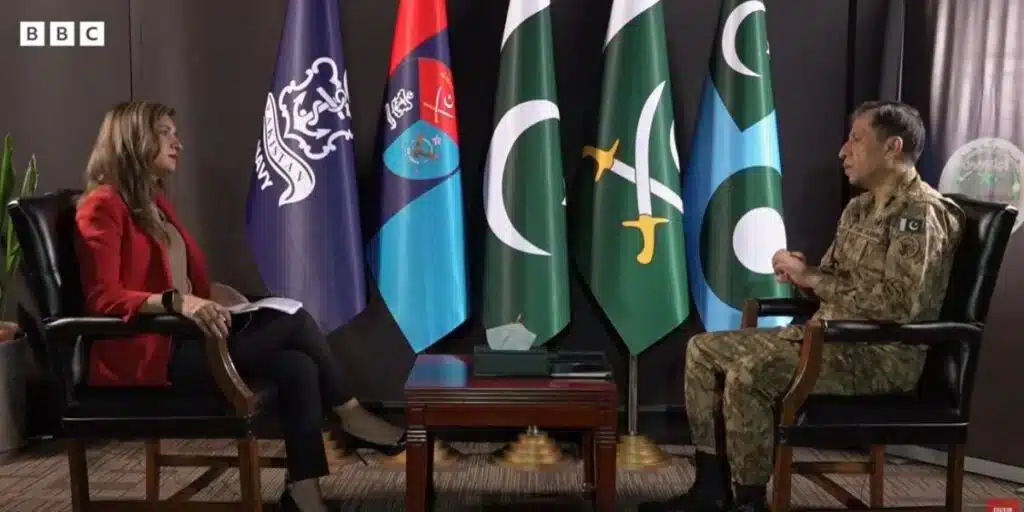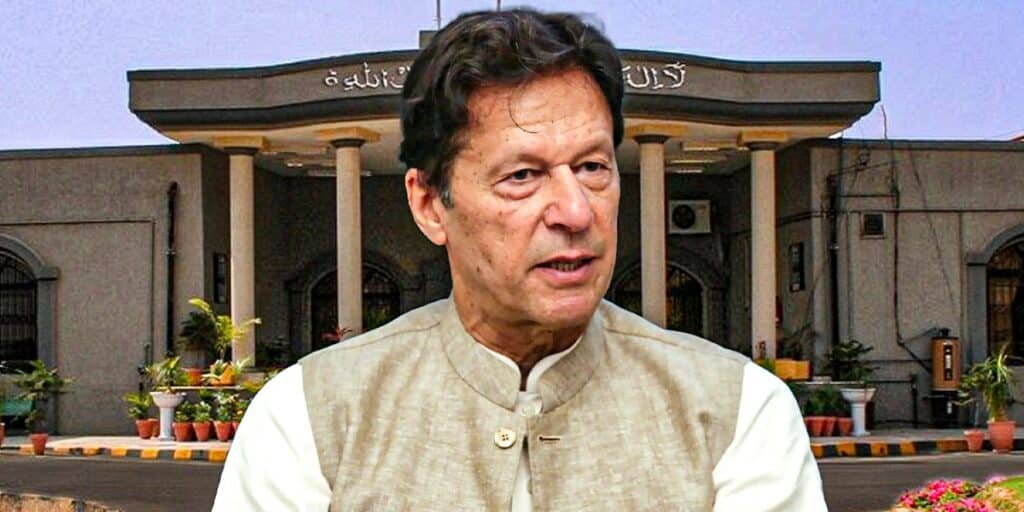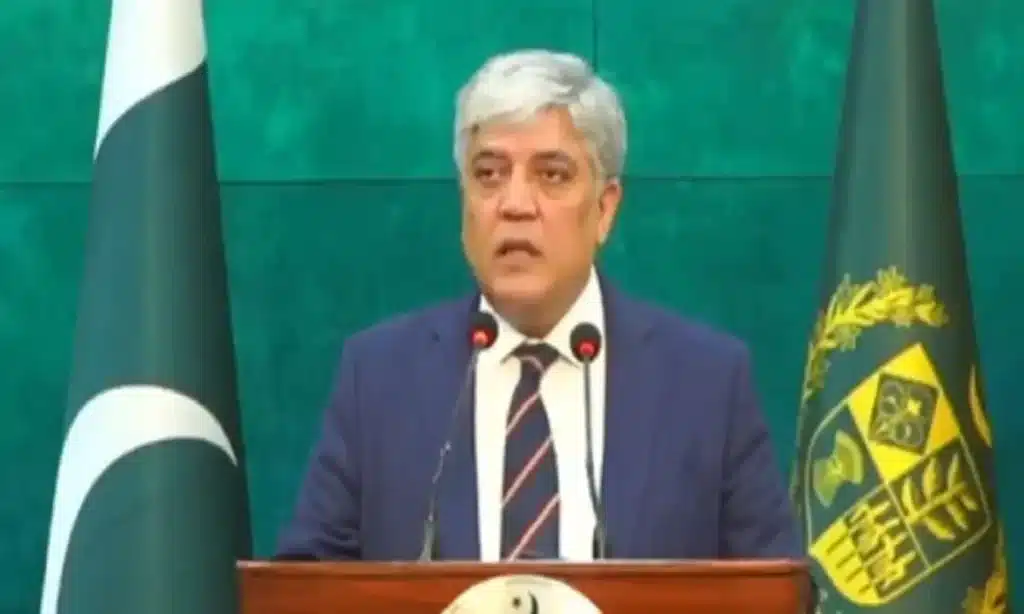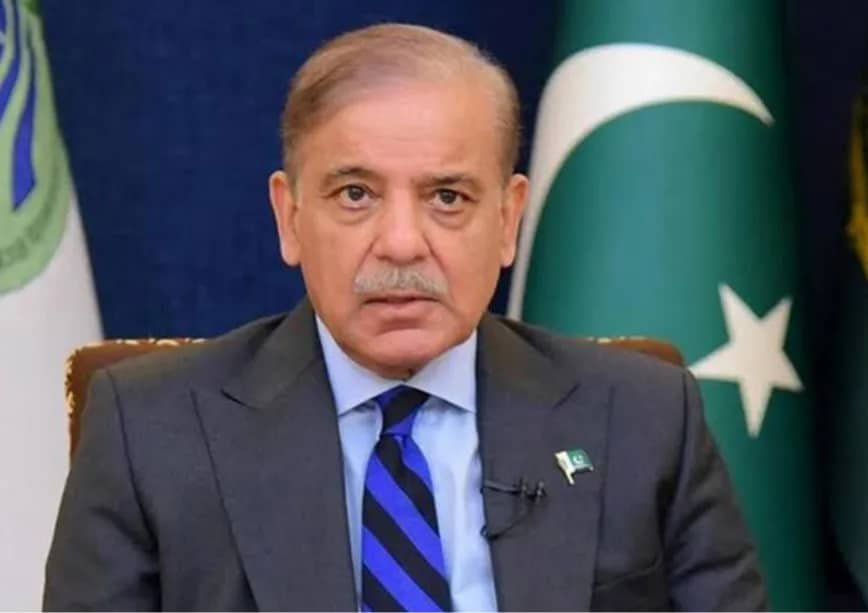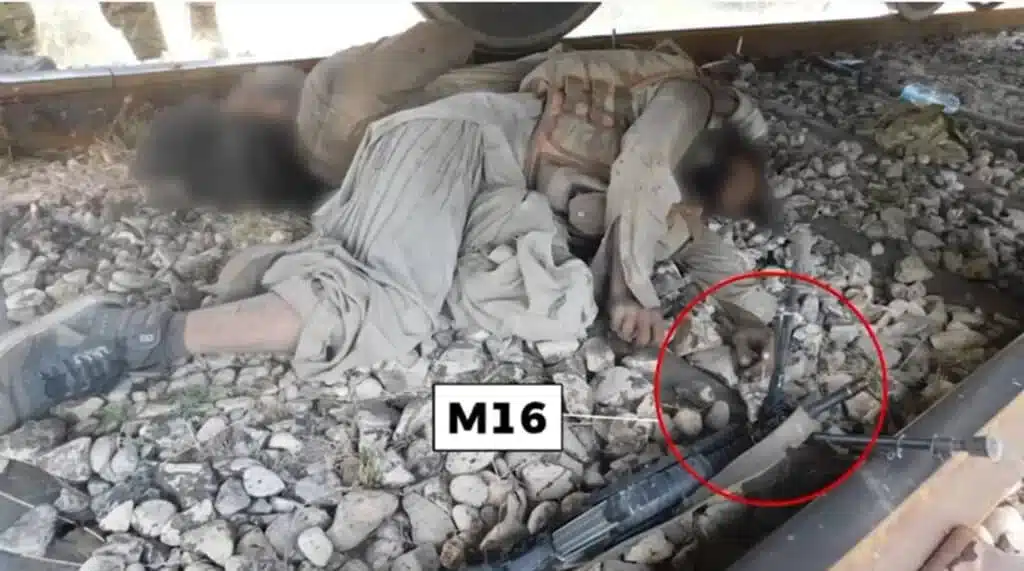Inter-Services Public Relations (ISPR) Director General, Lieutenant General Ahmed Sharif Chaudhry, has stated that the situation between India and Pakistan remains volatile, with the potential for conflict always looming due to India’s provocative rhetoric.
In an exclusive interview with the BBC Urdu service, the DG ISPR cautioned that the ongoing narrative from New Delhi could ignite tensions at any moment.
“The real conflict is very much alive — it can be triggered at any time,” he cautioned.
Commenting on recent Indian media coverage and political statements, General Chaudhry described them as part of a recurring pattern.
“India fabricates a false narrative every few years. This time, too, it seems to be using this rhetoric to serve internal political ends,” he said.
He questioned the maturity of India’s political leadership, asking, “Do you see a glimpse of any responsible leadership in India?”
The General strongly rejected the idea of a nuclear confrontation between the two nations, calling it “foolish” and “irrational.”
He said such a war would lead to mutual destruction. “A nuclear war should be an unthinkable idea for both sides,” he added.
On Pakistan’s position, DG ISPR stated, “We love peace, we are celebrating peace in Pakistan — but if war is imposed, Pakistan is always ready.
We do not want conflict, but we will not shy away from defending our sovereignty.”
General Chaudhry also addressed recent allegations by India linking Pakistan to incidents of extremism. He challenged New Delhi to present concrete evidence.
“If there is any proof of Pakistani involvement, we are ready to take action ourselves,” he said.
The DG ISPR also criticised India’s internal response to the recent Pahalgam incident, where security failures reportedly led to the loss of life.
“No one in the Indian government is asking how such a massive security lapse occurred. No one is ready to question the failures or acknowledge the voices speaking against atrocities and abuses.”
He stressed that Pakistan has acted with maturity and restraint in the current climate, choosing diplomacy and de-escalation over escalation.

